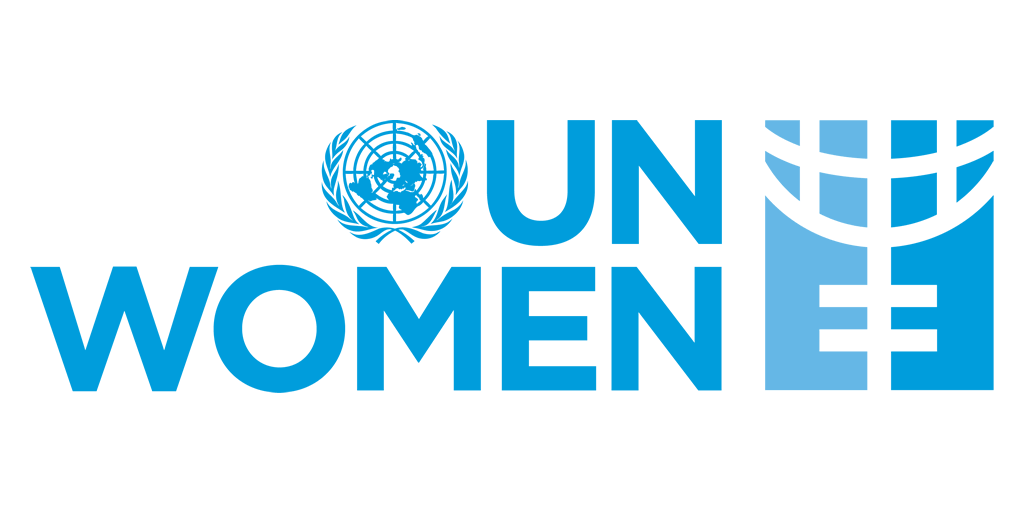Press release: Inter-generational collective of African women leaders champion young women’s role in global HIV response
His Excellency Kassim Majaliwa Majaliwa, Prime Minister of the United Republic of Tanzania, delivered the keynote address. Participants joined in-person and online from 15 African countries where girls and young women experience disproportionately high rates of new HIV infections. Sima Bahous, UN Women Executive Director; Honourable Donald J. Wright, United States Ambassador to Tanzania; Honourable Dorothy Gwajima, Tanzanian Minister of Health, Community Development, Gender, Elders and Children were among the other dignitaries present.
This cross-generational, cross-sectoral, cross-country leadership meeting was supported by the U.S. President’s Emergency Plan for AIDS Relief (PEPFAR) and culminated in a set of recommendations for the policymakers to take forward. Recommendations addressed ways to reduce the alarming incidence of HIV among adolescent girls and young women in sub-Saharan Africa and to increase their access to HIV prevention and treatment services.
“Today launches an important new phase in women’s leadership in the effort against HIV and AIDS,” said Ms. Sima Bahous, Executive Director of UN Women. “By bringing together established and emerging women leaders across Africa, and with the support of partners, this intergenerational collective of African women leaders will ensure that the voices of women of all ages inform decision-making around the HIV response. This is key to ensuring that the HIV response going forward meets the needs of everyone including young women.”
In sub-Saharan Africa, every two minutes an adolescent girl or young woman was newly infected with HIV in 2021 alone—an estimated 4,900 new infections each week.
“To end the HIV/AIDS pandemic, we have to address the prevention, care and treatment, educational, economic and other inequities that leave adolescent girls and young women vulnerable,” said U.S. Global AIDS Coordinator and Special Representative for Health Diplomacy Ambassador Dr. John Nkengasong, who oversees PEPFAR. “Through programs like D.R.E.A.M.S., we can expand our efforts to empower adolescent girls and young women and build partnerships at the community level to increase our efforts to eliminate the barriers that leave them at higher risk for contracting HIV. At PEPFAR, we are increasing our investment to close known gaps in HIV prevention services among adolescent girls and young women by nearly 20 percent for fiscal year 2023. PEPFAR cannot do it alone and that is why our partnerships with UN Women, UNAIDS, the Global Fund, partner countries, communities, among other key partnerships, are so critical. We are all committed to a collective and coordinated response.”
The disproportionate vulnerability to HIV infection for adolescents and young women is driven by persistent gender inequalities, stigma and discrimination, gender-based violence, child marriage, unpaid care work responsibilities, and other inequalities that hinder young women’s access to HIV prevention and treatment services, coupled with barriers to education and employment opportunities. The COVID-19 pandemic exacerbated these factors and put girls at even greater risk.
The high-level meeting in Tanzania is part of a UN Women programme supported by PEPFAR to offer leadership, training and mentorship opportunities to empower young women and increase their access to decision-making spaces in the HIV response. Over the last year, close to 200 women aged 18-24 from 15 countries received training.
“Mentorship is a key ingredient for building strong leaders,” said Hon. Dorothy Gwajima, Tanzanian Minister of Health, Community Development, Gender, Elders and Children. “Many of these young women will one day be in our shoes and hold positions of influence. As established leaders, we should open doors and invest in building their skills and confidence so they can make positive changes in their communities and countries.”
Participants at the high-level meeting used the hashtag #takethelead to raise awareness through social media. They called for the active participation of young women in decision-making around the HIV response and beyond. They highlighted the significance of joint efforts with established leaders to promote women’s rights.
“It’s time for young women to take the lead and have our voices heard so we can influence decisions around HIV policies, programs and budgets,” said Rahma Seleman Jumanne, youth advocate from Tanzania. “It’s very powerful for us young leaders to see so many established government leaders stand with us and call for change.”
Additional partners who supported the meeting in Tanzania included the African Women’s Leaders Network, the United Nations Tanzania, and the Joint United Nations Programme on HIV/AIDS (UNAIDS). Countries represented by the women leaders included: Botswana, Cameroon, Cote d’Ivoire, Eswatini, Kenya, Lesotho, Malawi, Mozambique, Namibia, Rwanda, South Africa, Tanzania, Uganda, Zambia and Zimbabwe.
About UN Women
UN Women is the United Nations entity dedicated to gender equality and the empowerment of women, delivering programmes, policies and standards that uphold women’s human rights and ensure that every woman and girl lives up to her full potential. For more information on UN Women’s work in Africa, please visit our regional website.
About PEPFAR
PEPFAR is the largest commitment by any nation to address a single disease in history. Managed and overseen by the U.S. Department of State, and supported through the compassion and generosity of the American people, PEPFAR has saved 20 million lives, prevented millions of infections, and helped transform the global AIDS response.
More resources
The U.S. President’s Emergency Plan for AIDS Relief – United States Department of State
Media contacts
Aijamal Duishebaeva, [ Click to reveal ], UN Women Veronica Davison, [ Click to reveal ], PEPFAR
